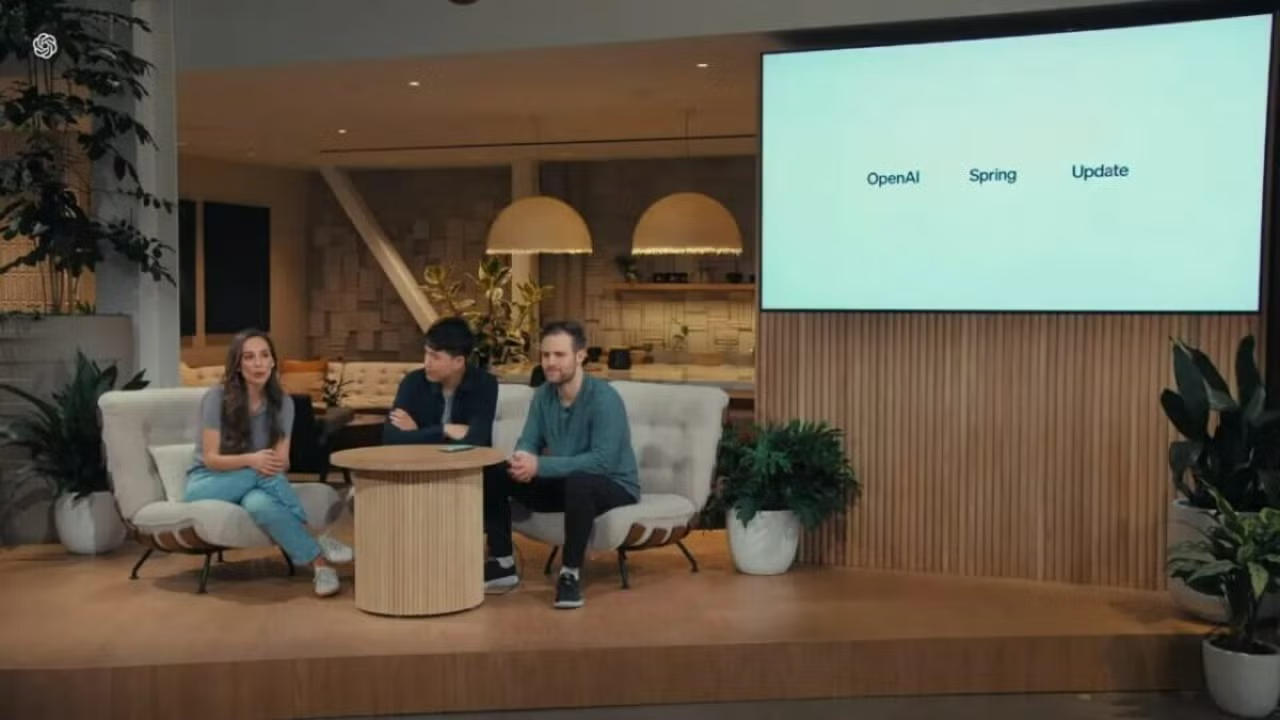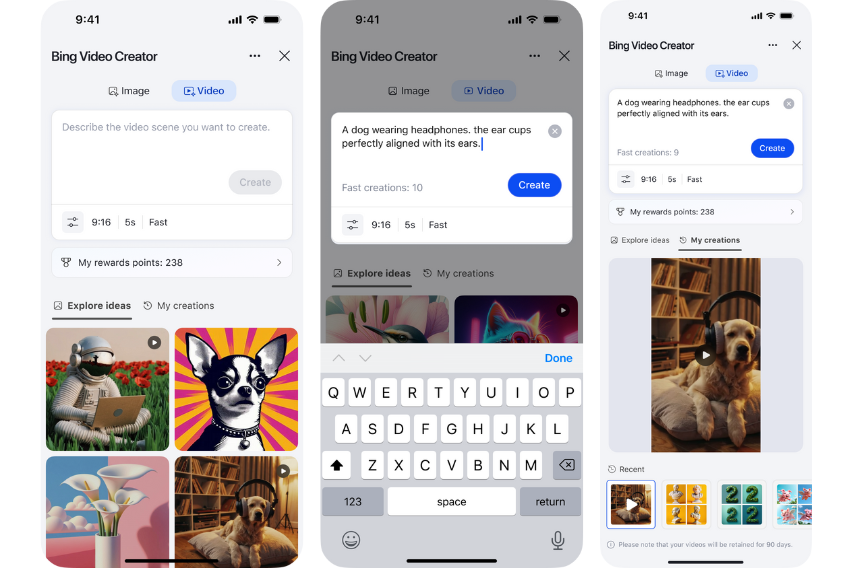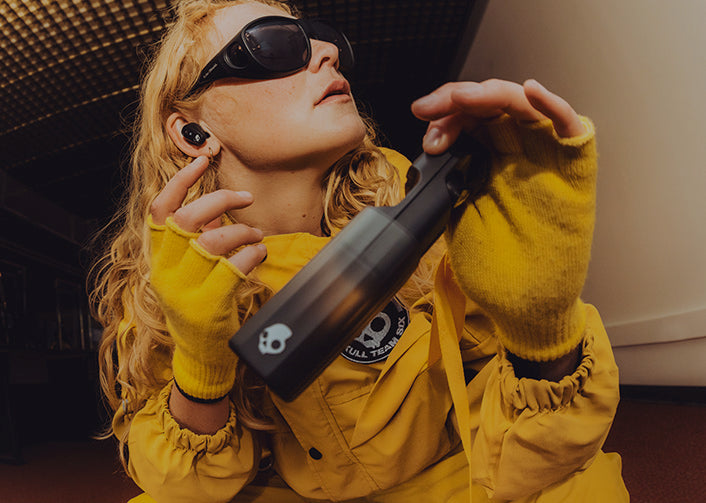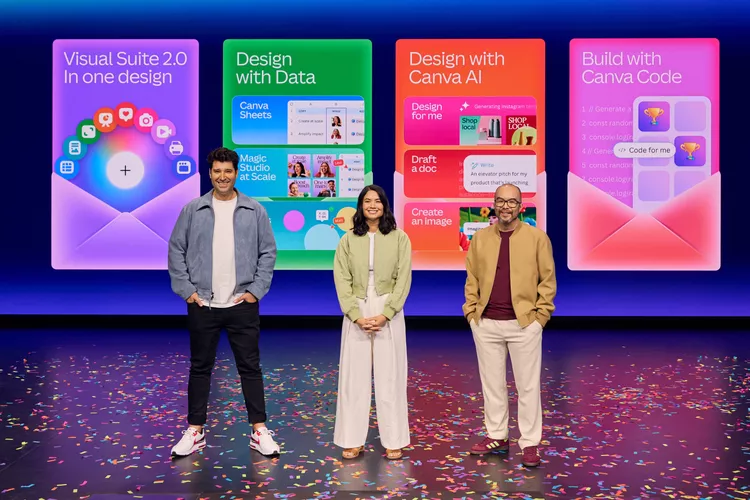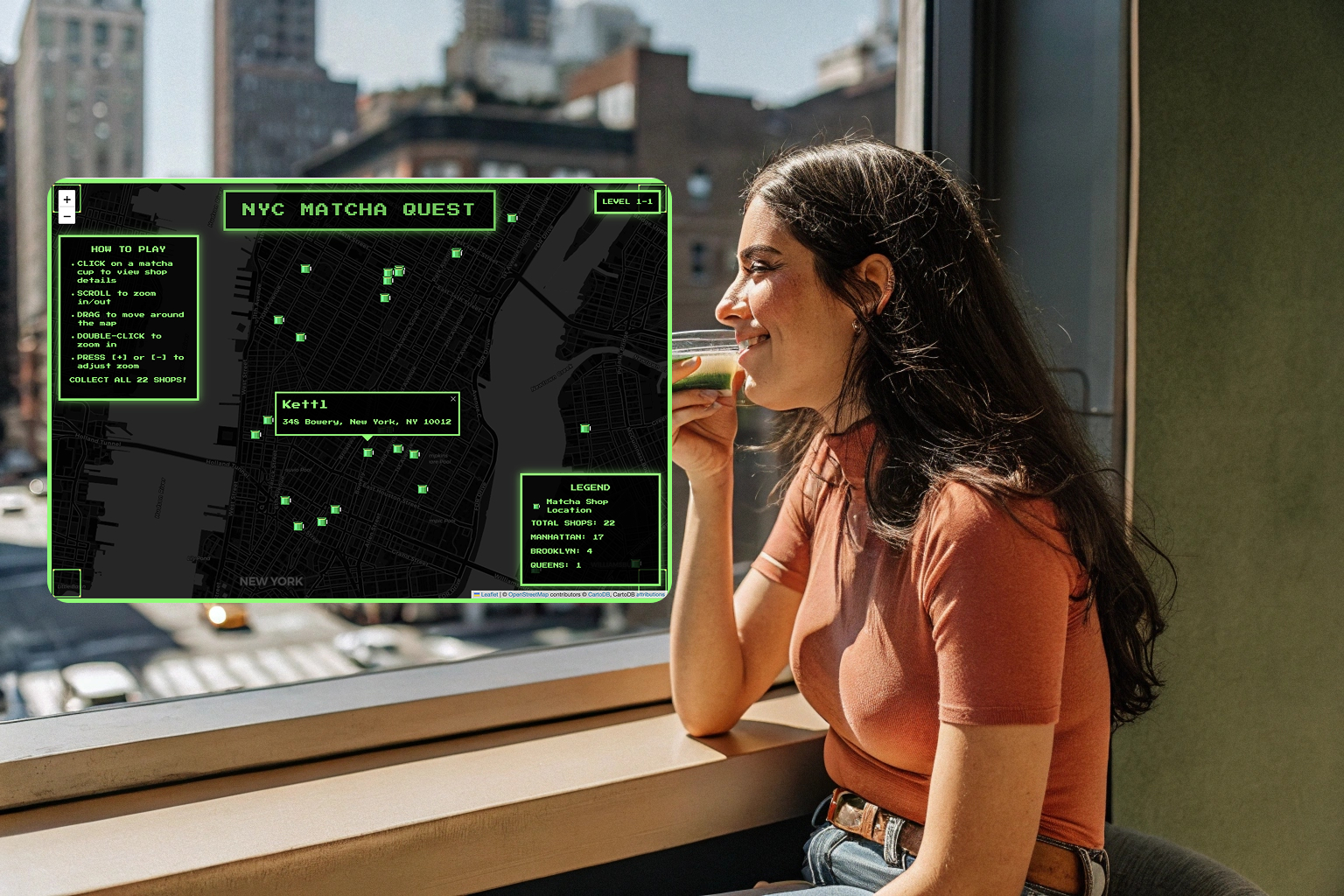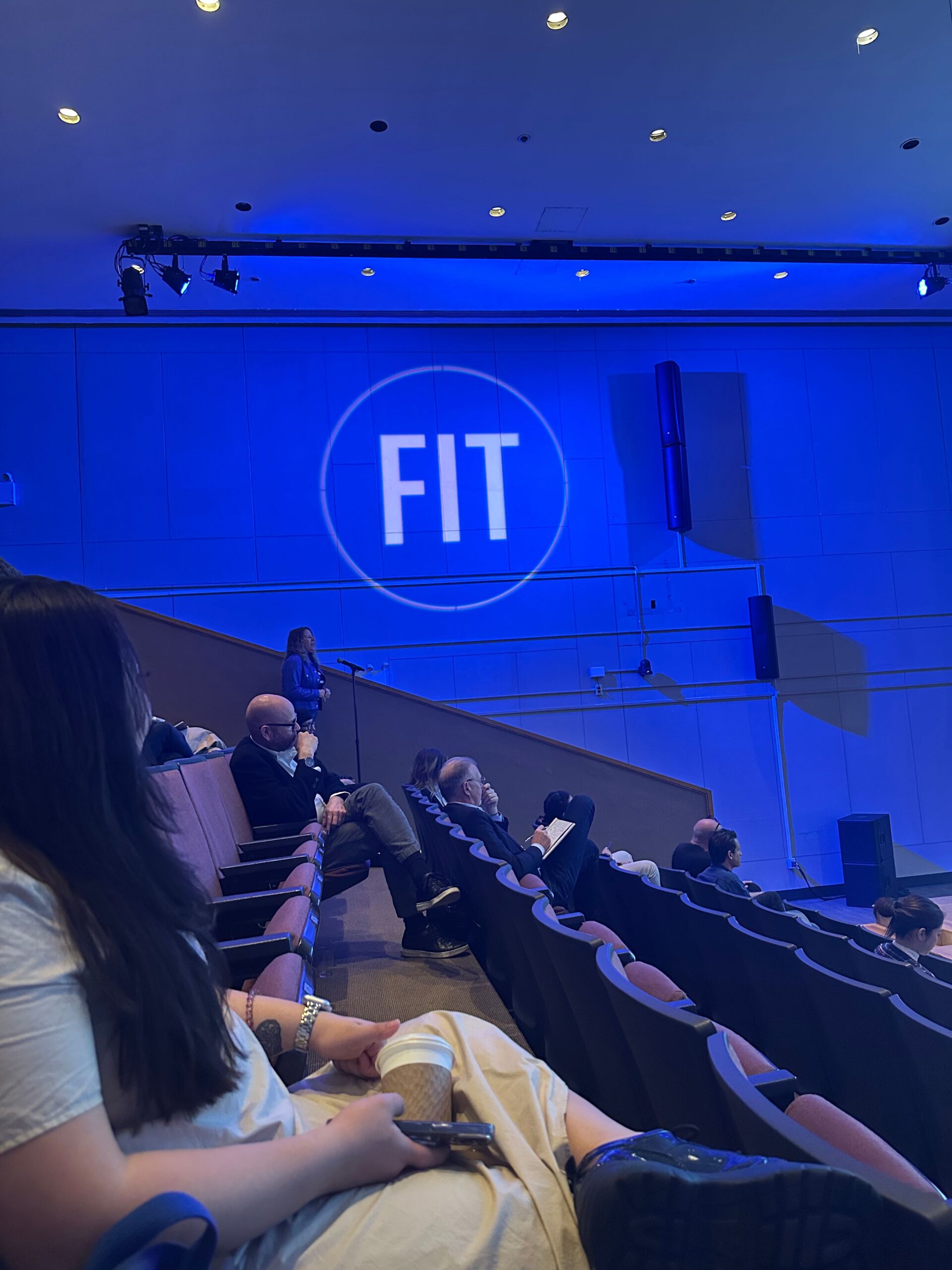In 2024, AI significantly disrupted the music industry, introducing innovative tools that transformed how music is created, produced, and consumed. AI algorithms enabled the generation of music that emulated the styles of established artists, leading to the creation of entirely new tracks and remixes. This technological advancement sparked debates about the authenticity of AI-generated content and its implications for intellectual property rights.
By the end of 2024 and into 2025, AI’s role in music had become more integrated and nuanced. Artists and producers increasingly utilized AI as a collaborative tool, enhancing their creative processes rather than replacing them. This shift led to a more harmonious coexistence between human creativity and AI capabilities, with AI serving as an assistant in music production, composition, and even live performances.
Several AI-powered music tools have emerged, offering diverse functionalities:
- Suno: An AI music generator that creates realistic songs combining vocals and instrumentation based on text prompts.
- Udio: A platform enabling users to generate music by inputting text prompts, facilitating quick production of high-quality tracks.
- Hydra II by Rightsify: A specialized AI music generator that creates royalty-free music for commercial use, tailored for various applications like background music for videos and stores.
- AIVA (Artificial Intelligence Virtual Artist): An AI composer capable of creating original music across various genres, assisting artists in the composition process.
- Mubert: An AI-driven platform that generates unique music tracks in real-time, offering endless variations for creators.
Top AI-Integrated Music Moments
Tiagz has actively explored the integration of artificial intelligence (AI) in his music production. In a TikTok video, he showcased the process of creating a song entirely using AI, partnering with Riffusion to generate music from text prompts.
Additionally, Tiagz has shared tutorials on platforms like YouTube, demonstrating how to craft songs utilizing AI technology. While he has not specified which of his released tracks were produced with AI, these insights highlight his interest in leveraging AI for music creation.
A notable example of AI’s integration into music is The Beatles’ release of “Now and Then.” Originally recorded by John Lennon in the late 1970s, the demo was revisited by Paul McCartney, Ringo Starr, and George Harrison in the 1990s but was not released due to technical limitations. In 2021, filmmaker Peter Jackson and his team developed machine-learning technology to isolate and clean up Lennon’s vocals and piano, allowing McCartney and Starr to finalize the song. “Now and Then” was released in November 2023 and has been nominated for a Grammy, marking the first time a song produced with AI has received such recognition.

On platforms like TikTok, AI-generated songs gained significant popularity. Tracks such as “Heart on My Sleeve” by Drake AI (feat. The Weeknd), created by TikTok user @ghostwriter977, emulated the styles of both artists and gained significant attention across platforms like Spotify, YouTube, and Apple Music before being removed due to copyright concerns.
Singers are also exploring AI’s capabilities. For example, comedian and content creator Will Hatcher (@kingwillonius) created ‘BBL Drizzy,’ an AI-generated track that gained significant attention. This track was later sampled by producer Metro Boomin, marking a significant milestone in the AI music industry.
How to make AI make sense
Many artists have embraced AI as a tool to enhance their work. For instance, Universal Music utilized AI to translate Brenda Lee’s “Rockin’ Around The Christmas Tree” into Spanish, broadening its accessibility to a global audience. This approach highlights AI’s potential to bridge language barriers and expand the reach of music.
Public Sentiment Towards AI in Music
Some listeners appreciate the novelty and creativity that AI-generated music brings, while others express concerns about the loss of human touch and the potential for AI to overshadow human artists. Discussions often center on the balance between technological innovation and the preservation of artistic integrity.
In 2025, discussions on platforms like Reddit and X (formerly Twitter) reveal a spectrum of opinions on AI’s role in music creation.
Music producers & singers are increasingly integrating AI tools into their workflows. A Reddit user mentioned that AI producers are beginning to dominate, and traditional producers are at risk of being left behind. They emphasized that staying relevant means adapting to trends and effectively using tools like Suno and Udio.
Paul McCartney has been vocal about his opposition to proposed changes in UK copyright laws that would allow AI companies to use artists’ work without explicit permission. He argues that such changes could lead to the exploitation of artists’ creations, depriving them of control and potential revenue. McCartney emphasizes that artists should benefit directly from their work, not tech companies.
Elton John shares similar concerns, supporting amendments to the Data (Use and Access) Bill to extend existing copyright protections into the era of generative AI. He warns that allowing AI companies to use artists’ work without permission could undermine artists’ earnings and the UK’s creative industry.
Billie Eilish, Jon Bon Jovi, and Katy Perry are among over 200 music stars who signed an open letter addressed to AI companies, calling for protections against the unlicensed use of their work to train generative AI models. They express concerns that such practices pose a “major, unjust threat” to their livelihoods.
Enthusiasm vs Concerns in AI Music
Overall, while there is enthusiasm about AI’s potential to democratize music creation and introduce innovative sounds, there are also concerns about authenticity and the preservation of human artistry. The discourse on Reddit and X reflects a community navigating the balance between embracing technological advancements and maintaining the essence of human creativity in music.
